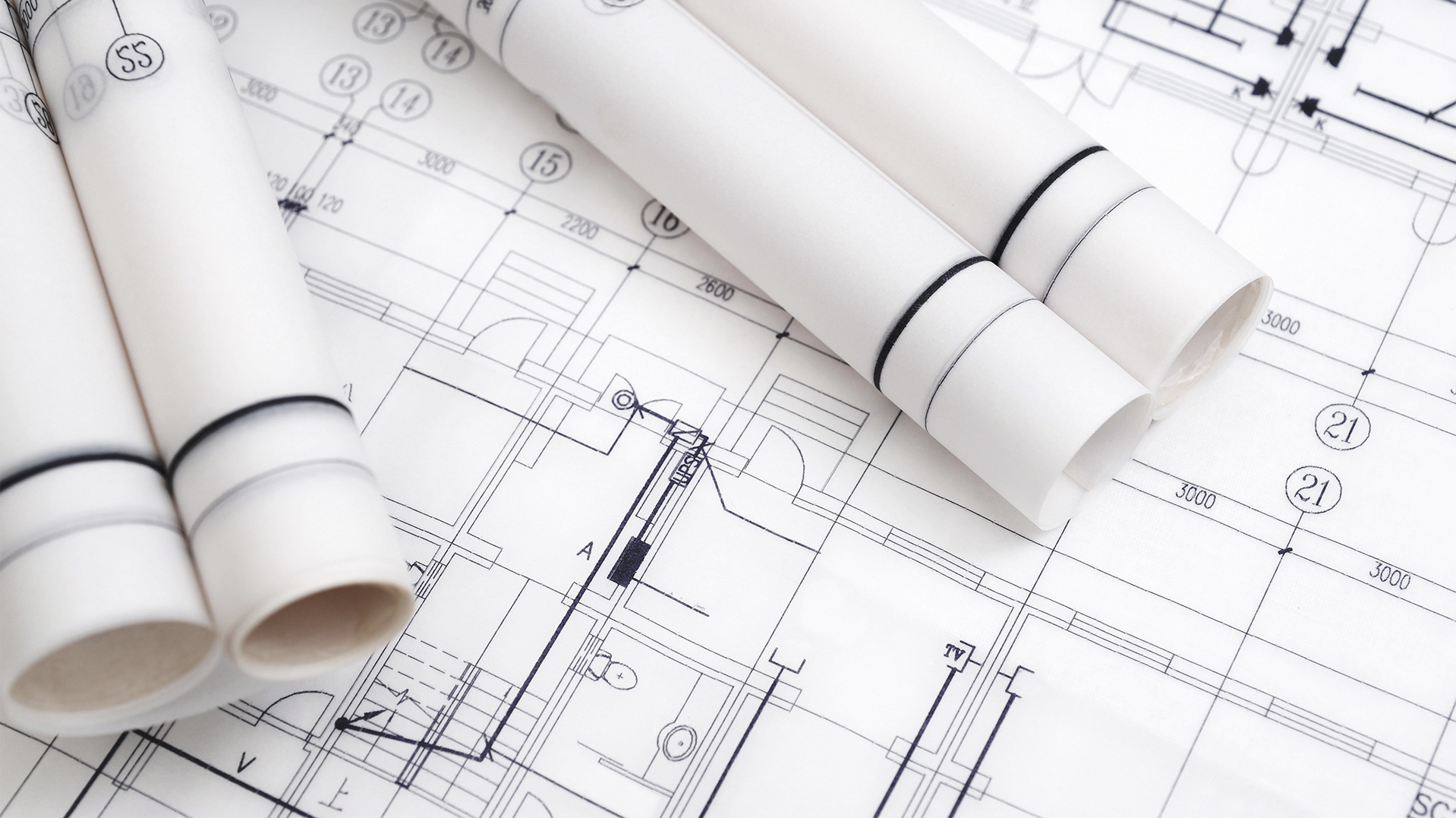Focus on Feasibility Study in Real Estate Development
A feasibility study is a comprehensive assessment essential for evaluating the potential success of a real estate development project. This analysis...

Pre-development analysis is a crucial step in any real estate project. It determines the feasibility and profitability of the project before committing to significant investments. At Alyzé, here are the steps we follow to conduct an effective pre-development analysis.
The first step is to clearly define the project's objectives. This includes the type of development (residential, commercial, mixed-use), the scale of the project, financial expectations, and timelines. A clear vision helps guide all subsequent steps.
The choice of site is crucial for the success of the project. This step involves:
Accessibility Evaluation: examining the proximity to transport, infrastructure, and services.
Topography and Soil Study: analyzing the physical characteristics of the land and any geotechnical constraints.
Local Regulations: checking urban planning rules, zoning, and necessary permits.
A market study is essential to understand existing demand and supply. It should include:
Demand Analysis: evaluating the demand for the type of development planned in the target area.
Supply Analysis: examining similar existing or ongoing projects in the region.
Trend Analysis: identifying market trends that may influence the project (prices, consumer preferences, etc.).
This step involves developing detailed plans for the project. This includes:
Architectural Design: drawing up plans for buildings and infrastructure.
Spatial Planning: arranging the various components of the project on the land.
Stakeholder Consultation: engaging local stakeholders (authorities, residents) to gather feedback and support.
A feasibility study verifies if the project is technically and financially viable. It includes a technical analysis (studying technical aspects such as water, electricity networks, etc.), a cost estimation (construction, labor, materials, etc.), and a financial analysis.
Risk analysis anticipates potential challenges. Key risks to analyze include:
Regulatory Risks: changes in laws and local regulations.
Financial Risks: interest rate variations, fluctuations in material costs.
Environmental Risks: environmental impact, natural hazards (floods, earthquakes).
A solid business plan is necessary to attract investors and secure funding. It should include:
Project Presentation: objectives, site description, development plan.
Financial Analysis: revenue and expense projections, profitability analyses.
Financing Plan: strategy for raising funds, personal contributions, bank loans, investors.
Before starting construction, it is crucial to obtain all necessary authorizations. This includes:
Building Permits: applying for and obtaining construction permits.
Environmental Authorization: ensuring the project complies with local environmental standards.
Regulatory Compliance: verifying that all aspects of the project comply with local regulations.
A thorough pre-development analysis is essential to ensure the success of a real estate project. By following these steps, developers can identify opportunities, assess risks, and develop solid plans to maximize profitability and minimize surprises along the way. A well-prepared project is a project with a better chance of success.
To learn more about our services or find out how Alyzé can help you realize your projects, don't hesitate to contact us 👀
A feasibility study is a comprehensive assessment essential for evaluating the potential success of a real estate development project. This analysis...
Choosing the right location for developing a real estate project is crucial for ensuring the success and profitability of the investment. Several...
When developing a new rental project, one of the key challenges for real estate developers is optimizing revenue while staying competitive in the...